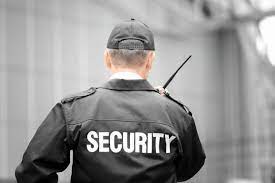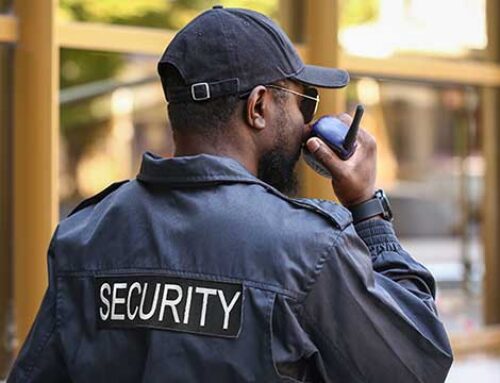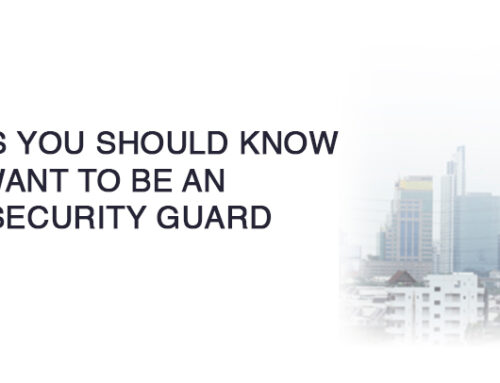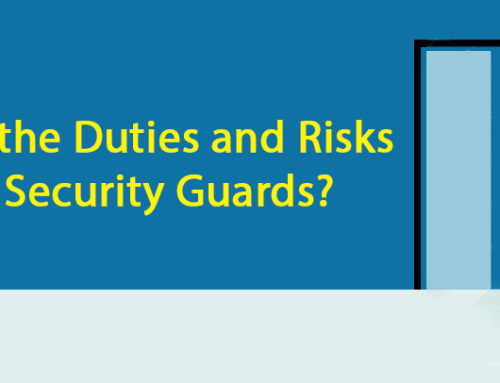Security guards constitute the fundamental operational unit of private security companies. Therefore, there must be total clarity in what are the duties and responsibilities of a security guard for the development of the operational tasks of an organization.
You will already know that security companies offer a set of goods and services for the prevention and management of claims, risks and customer protection that complement and work with the consent of the State authorities.
Today, we want to give you a tour of the typology and profiles of agents of StalwartGroup that are assigned to the spaces depending on the nature and request of the client.
If the situation warrants it, the company will assign agents with different capabilities depending on the responsibility required and thus build an interdisciplinary team to create a comprehensive security system.
Security Guard Duties & Responsibilities: Types of Security Guards
To better understand the duties and responsibilities of a security guard, it is necessary that they know the diversity of their typology.
Internal surveillance guards
They are of a more discreet profile, suitable for the care of spaces and the transit of people based on the specific criteria handled by the contractor.
Its purpose is to maintain in good condition the internal areas of the company, institution, office, or private property; generating safety conditions for the people who work, live or live there.
To this end, staff members shall apply selection and recognition criteria. And, if necessary, the eviction protocol.
Executive Guards
They coincide with the functions of an internal guard, but he must have more advanced studies and knowledge in the technological area. Its functions include direct interaction with executives and important clients (companies), personalities (private), and tourists.
Executive guards are also required for the management of advanced video camera systems, motion sensors, and restricted access to indispensable personnel.
Internal surveillance guards and executives are responsible for:
- Control security access. So you must keep a record of the activities and people who enter and leave through a log, which can be a logbook or through the management of computer systems.
- Conducting surveillance rounds. Both routine rounds (at times and with scheduled trajectories) and unforeseen rounds, in the event of suspicion or increased risk in specific sites. At the same time, the closed system must be reviewed and reports must be made, hot, through radiofrequency.
- The establishment of communication routes. Regular reports from immediate supervisors should be made by the agreed route: audio receivers, check-up applications, by internal messaging.
- Endure with evidence. The technology also helps when sending data records, photographs and videos, audios, documents, and georeferencing coordinates instantly. All this serves both to make situational reports and subsequent reports.
Custodians
They are trained to safeguard active goods and high-value products. They are associated with missions of safe transfer of a good to its destination.
A custodial guard must be alert to latent threats and prepared for risk control and mitigation. These guards are the most rigid in implementing protocols, handling weapons, and teamwork.
Given the importance it has in the transfer of values, they are in constant evaluation and tactical preparation, with the highest standards of education in the containment of threats and dangers and damage control.
Contact Stalwart Security Services for professionally trained security guards.




